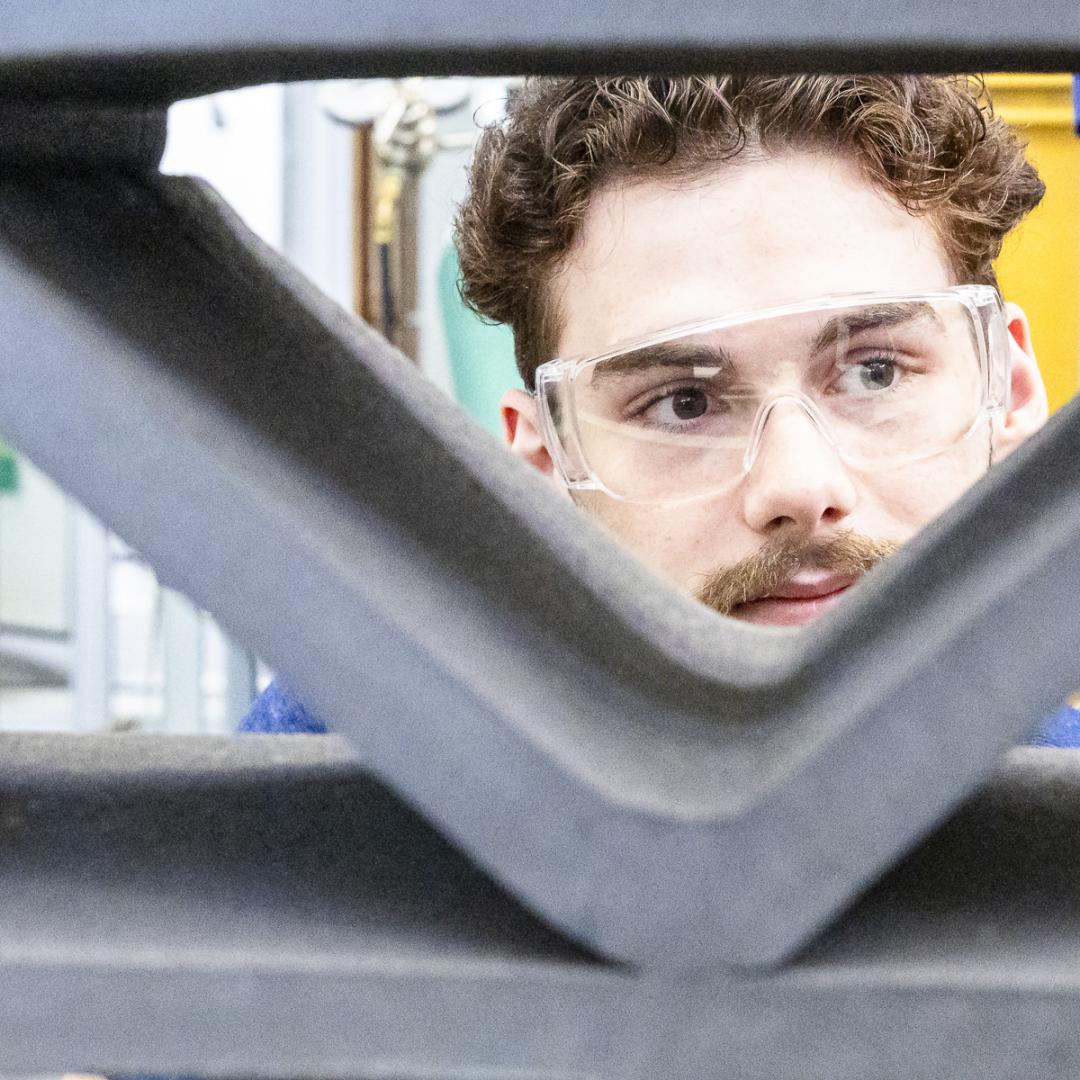Filter News
Area of Research
News Type
News Topics
- (-) Biotechnology (4)
- (-) Statistics (1)
- 3-D Printing/Advanced Manufacturing (89)
- Advanced Reactors (9)
- Artificial Intelligence (13)
- Big Data (7)
- Bioenergy (30)
- Biology (12)
- Biomedical (10)
- Buildings (36)
- Chemical Sciences (33)
- Clean Water (10)
- Climate Change (23)
- Composites (19)
- Computer Science (36)
- Coronavirus (14)
- Critical Materials (19)
- Cybersecurity (10)
- Decarbonization (34)
- Energy Storage (86)
- Environment (64)
- Exascale Computing (3)
- Fossil Energy (2)
- Frontier (3)
- Fusion (7)
- Grid (41)
- High-Performance Computing (9)
- Hydropower (2)
- Irradiation (1)
- Isotopes (13)
- ITER (1)
- Machine Learning (10)
- Materials (94)
- Materials Science (90)
- Mathematics (3)
- Mercury (3)
- Microelectronics (1)
- Microscopy (29)
- Molten Salt (3)
- Nanotechnology (41)
- National Security (6)
- Net Zero (3)
- Neutron Science (42)
- Nuclear Energy (22)
- Partnerships (16)
- Physics (29)
- Polymers (21)
- Quantum Computing (3)
- Quantum Science (12)
- Renewable Energy (1)
- Security (7)
- Simulation (4)
- Space Exploration (5)
- Summit (6)
- Sustainable Energy (71)
- Transformational Challenge Reactor (5)
- Transportation (69)
Media Contacts
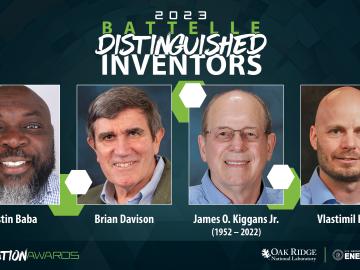
Four scientists affiliated with ORNL were named Battelle Distinguished Inventors during the lab’s annual Innovation Awards on Dec. 1 in recognition of being granted 14 or more United States patents.

Researchers at Oak Ridge National Laboratory have developed a nationwide modeling tool to help infrastructure planners decide where and when to locate electric vehicle charging stations along interstate highways. The goal is to encourage the adoption of EVs for cross-country travel.
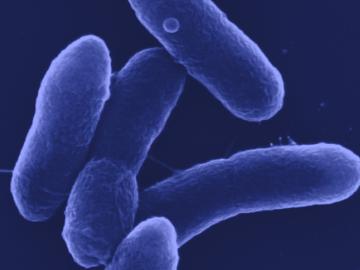
A research team led by Oak Ridge National Laboratory bioengineered a microbe to efficiently turn waste into itaconic acid, an industrial chemical used in plastics and paints.
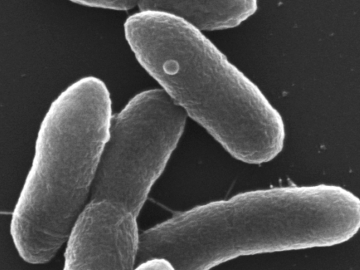
ORNL scientists have modified a single microbe to simultaneously digest five of the most abundant components of lignocellulosic biomass, a big step forward in the development of a cost-effective biochemical conversion process to turn plants into
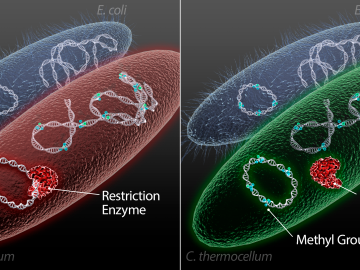
Scientists at the US Department of Energy’s Oak Ridge National Laboratory have demonstrated a method to insert genes into a variety of microorganisms that previously would not accept foreign DNA, with the goal of creating custom microbes to break down plants for bioenergy.



